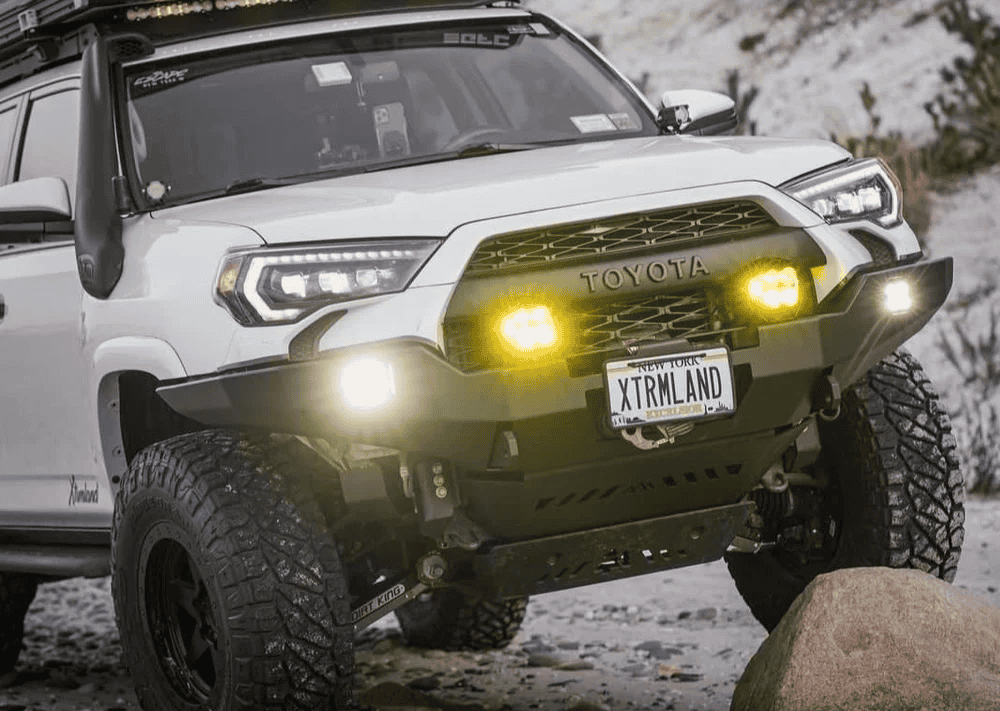Overland Vehicles

Choosing between an overland camper, an off road truck camper, or a trailer starts with terrain. Rocky ledges and rutted forest roads demand ground clearance, protected underbodies, and a suspension that keeps tires planted. Sand and snow reward lower pressure, tall sidewalls, and steady throttle control. Your gear should amplify your driving, not fight it.
The best offroad campers share a few traits. They keep weight low and centered to limit body roll. They ride on strong frames with quality joints and coatings. They protect vulnerable parts with skid plates and smart packaging. Most importantly, they fit the vehicle’s real capabilities, from axle ratings to braking power.
Trailers change the equation. A well designed overland trailer can carry heavy water, a full galley, and sleeping gear while leaving your tow vehicle lighter and more nimble. The best overland trailer options use independent suspension, adequate travel, and an articulating hitch to follow through cross axle obstacles without binding.
Pick the platform that matches your routes and travel style. A truck with a slide in camper keeps camp and cab integrated. A flatbed or chassis mount camper can lower weight and add storage while improving departure angle. A dedicated overland trailer separates cargo from the tow vehicle, making day trips easier once camp is set.
A truck camper must stay within payload. Factor people, fuel, water, gear, and the camper itself. Aim for a margin so the suspension can work instead of sitting on the bump stops. Keep an eye on approach, breakover, and departure angles. Shorter rear overhang reduces dragging on shelves and ditches.
Quality shocks manage heat and repeated hits. Progressive springs or air helpers can maintain ride height under load. Tires with stronger sidewalls and appropriate tread make a major difference on loose climbs. For trailers, an articulating hitch and a suspension with adequate travel prevent binding and improve tracking through uneven terrain.
The best offroad camper setups commonly run taller all terrain tires, bead retention tech where allowed, and wheels with proper load ratings. Balanced tire pressure and a full size spare for both tow vehicle and trailer keep trips on schedule.
Self sufficiency is more than a battery and a solar panel. Power systems should handle your daily draw with headroom for cloudy spells and cold nights. Water storage must match your crew size and distance between sources. Refrigeration, ventilation, and heat are comfort multipliers that also protect perishable food and gear.
Modern rigs often pair lithium batteries with solar and a DC to DC charger tied to the alternator. This blend keeps power flowing on travel and rest days. Insulated plumbing, reliable filtration, and a hot water solution expand your season. Vent fans and diesel or gas heaters make shoulder season trips comfortable and safe.
Recovery anchors, a quality jack, traction boards, and a real shovel should live in quick reach. Comms and navigation tools round out the kit. The best offroad campers plan storage by frequency of use, keeping heavy items low and forward.
Truck campers shine when the trail is tight, visibility matters, and you want everything in one unit. Overland trailers excel when you need added cargo capacity without overloading the tow vehicle. They let you park a base camp and explore empty, which saves fuel and stress on rough spurs.
If you prize agility and quick camp breaks, a compact off road truck camper may be your best offroad camper choice. If your trips include extended stays, water hauling, and large kitchens, the best overlanding campers can be thoughtfully designed trailers with stout suspensions and weather tight construction.
Consider serviceability. Bolted components, common tire sizes, and accessible wiring simplify field fixes. Materials matter too. Aluminum and composite builds resist corrosion and can keep weight in check, while steel frames offer proven strength when properly protected.
A simple way to narrow your search:
When you are ready to translate this checklist into a real rig, a focused design process saves time and money. See how full platforms come together on our page for explore overland rigs. If you already own a truck or trailer and want targeted upgrades, our custom overland upfit approach builds only what you need, from suspension to power to interiors. Curious about our process and delivery experience? Start with why choose OZK Customs.
OZK Customs designs complete custom builds and partial upfits for overland camper and off road truck camper platforms. Our team focuses on practical geometry, correct load management, and reliable systems that hold up far from pavement. Bring your travel goals, route map, and priorities, and we will engineer a rig that fits.
Ready to map your overland build with a pro team that lives the lifestyle and delivers trail proven results? Tell us how you travel, and OZK Customs will engineer a complete custom build or focused upfit that fits your vehicle, your terrain, and your budget. Start the conversation and lock in your spot on our production calendar.
ADDRESS:
6159 E Huntsville Rd, Fayetteville, AR 72701
PHONE:
(479) 326-9200
EMAIL:
info@ozkvans.com